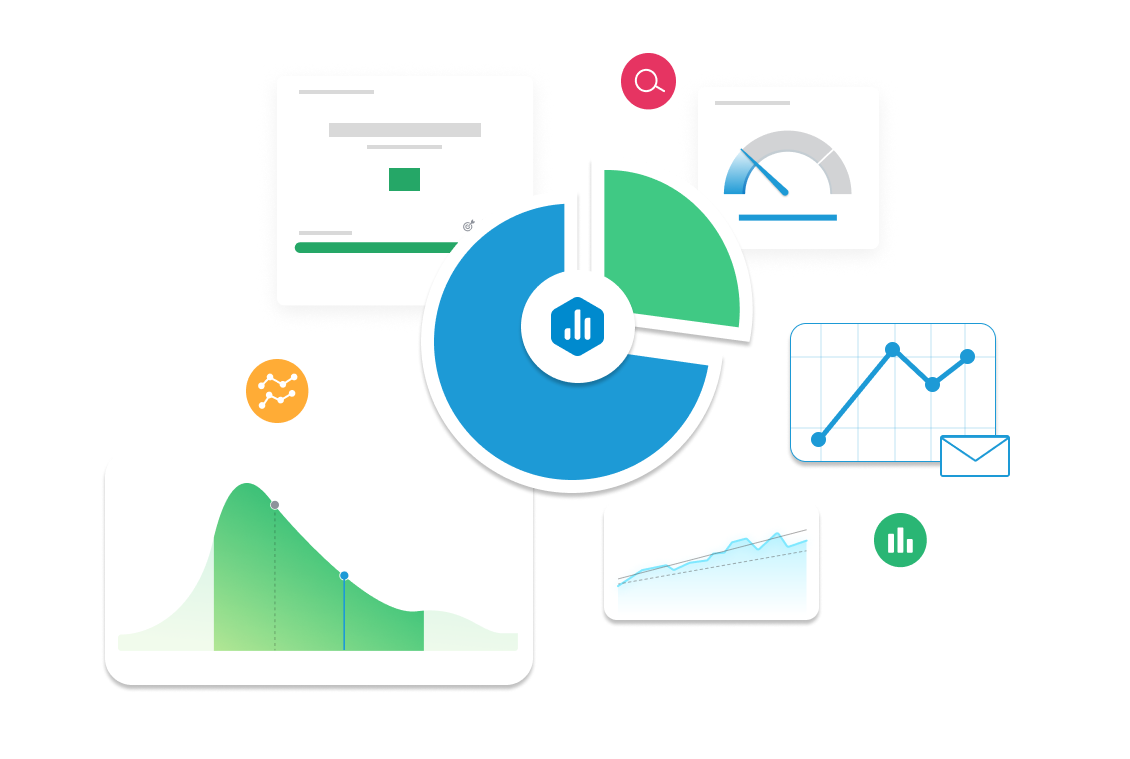Stockout Rate
Discover how Stockout Rate measures how often products are unavailable when customers want to buy. Learn how to track, analyze, and reduce this KPI to improve inventory control and customer experience.

| Category |
Marketing, Ecommerce |
|---|---|
| Type |
Lagging Indicator |
| Calculation |
Stockout Rate (%) = (Number of Stockout Events / Total Demand Events) × 100 |
| Measure |
Tracks how frequently a product is out of stock when there is customer demand, helping businesses reduce missed revenue and improve fulfillment reliability. |
| Data Sources: |
Shopify, NetSuite, Zoho Inventory, QuickBooks Commerce, Oracle Netsuite, Microsoft Dynamics, ERP & POS systems. |
| Frequency |
Tracked weekly or monthly to catch supply chain or inventory issues early and adjust forecasting or replenishment strategies. |
Example target
Reduce stockout rate to below 2% in Q3 by improving demand forecasting, optimizing reorder points, and enhancing supplier coordination.
Example Reports Use Case
An Inventory or Supply Chain Manager tracks Stockout Rate to identify frequently unavailable items. If the rate is high for top-selling products, they may adjust safety stock levels or set automated restocking alerts.




